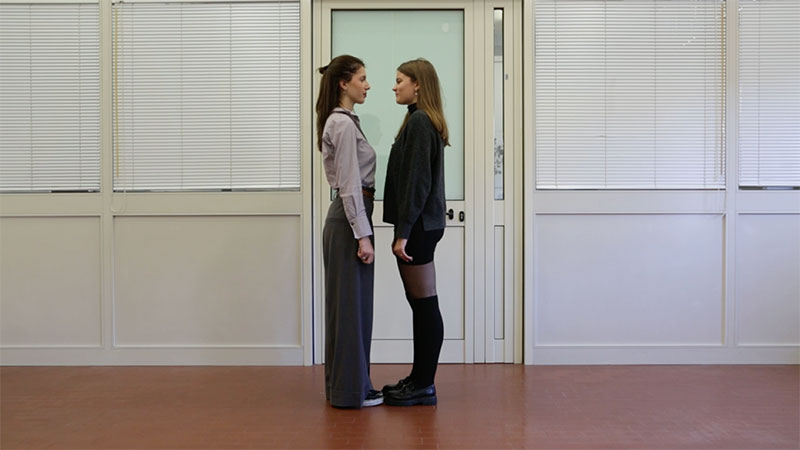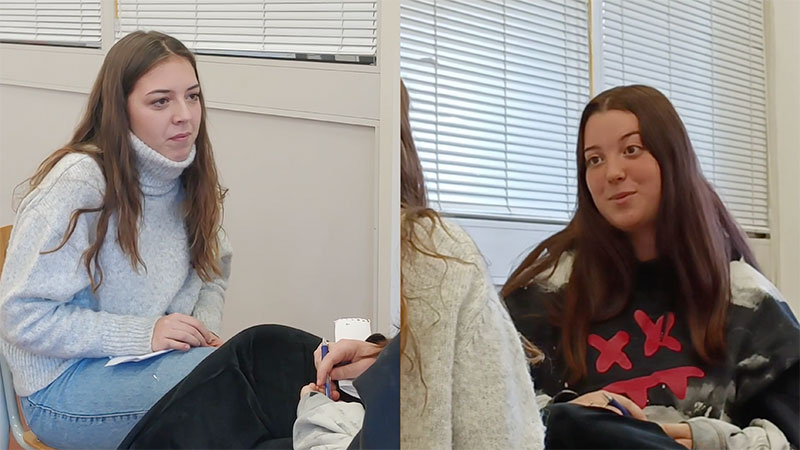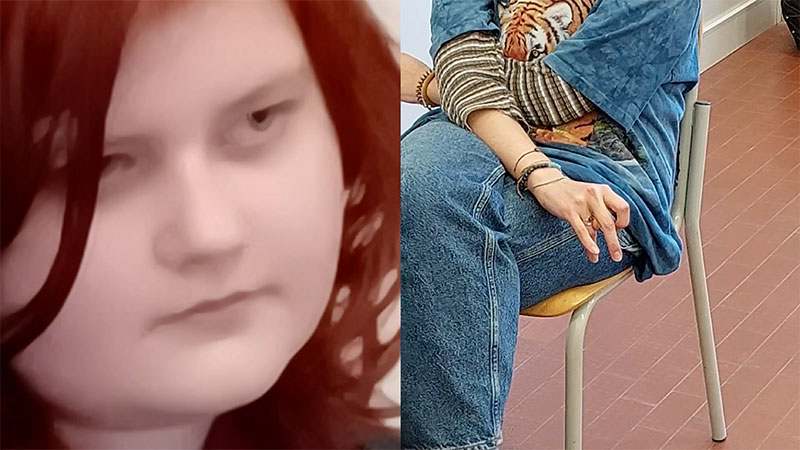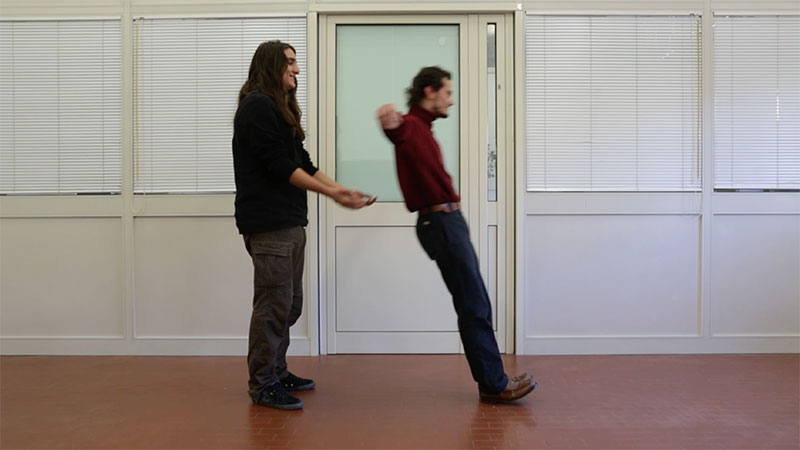BIOGRAPHY
Giulia Iacolutti (Cattolica, 1985) is a visual artist who mainly works on relational art projects about social-political issues. She uses different media – video, audio, embroidery, chalcography, performance – in addition to photography.
Her work has been shown and published internationally and is held in private collections and museum, such as Donata Pizzi collection, CRAF (Spilimbergo), GNAM library (Roma), Artphilein Library (Lugano), Folio Centro de la Imagen (Mexico City) and San Telmo Museum (Spain).
Among the most recent awards and acknowledgments, the nomination for the Foam Paul Huf Award (2018); the CRAF Friuli Venezia Giulia Photography Award (2019); The Marco Bastianelli Award (2020); the Paolo Cardazzo Award (2021) and the Italia Inclusiva call issued by the Ministry of Foreign Affairs (2022).
WORK ON DISPLAY
Il primo appuntamento (The first date), 2023 (*)
video, 41′ 16”
Never before the current historical moment, with touch having been so long forbidden or feared, have we perceived our own body as the primary place where the experience of inhabiting space hails from, thus stressing the proxemic distance that characterizes social relationships. While ideal love has become a one-meter-distance love, it is the sharing of a sense of vulnerability that brings people together. What happens when such proximity does not occur during an encounter belonging to the individual sphere, be it accidental or sought after, but is rather orchestrated through a performative apparatus? Is it possible to employ empathy, while at the same time bringing adolescents close to various contemporary artistic languages through active experimentation, opening breaches on the perception of what might be defined as art? And also, how to document such an ephemeral event as an emotional change? What happens to the performance when it becomes documentation? The educational path belongs to Giulia Iacolutti’s project of many years, entitled “Stages of love”, a visual research on love’s hormones, regulating emotions, such as dopamine, adrenaline, and oxytocin.
* The artist guided the class in the performance of eight exercises, which, according to psychologist Robert Epstein’s theories, can lead one to fall in love. After analyzing contemporary art’s multiple possibilities of documenting the performance, students were led to direct a video on their smartphones, side by side with the fixed camera of the artist. The class shared ideas on and discussed the type of editing that could better return the authentic experience of the performance, and they also shared decisions on the format, times, and rhythms of the final video-work. Gestures, sights, and the spaces between the bodies become the protagonists of the video, as they are during a first date. The workshop is curated by Rachele D’Osualdo (Cultural Association ETRARTE)




